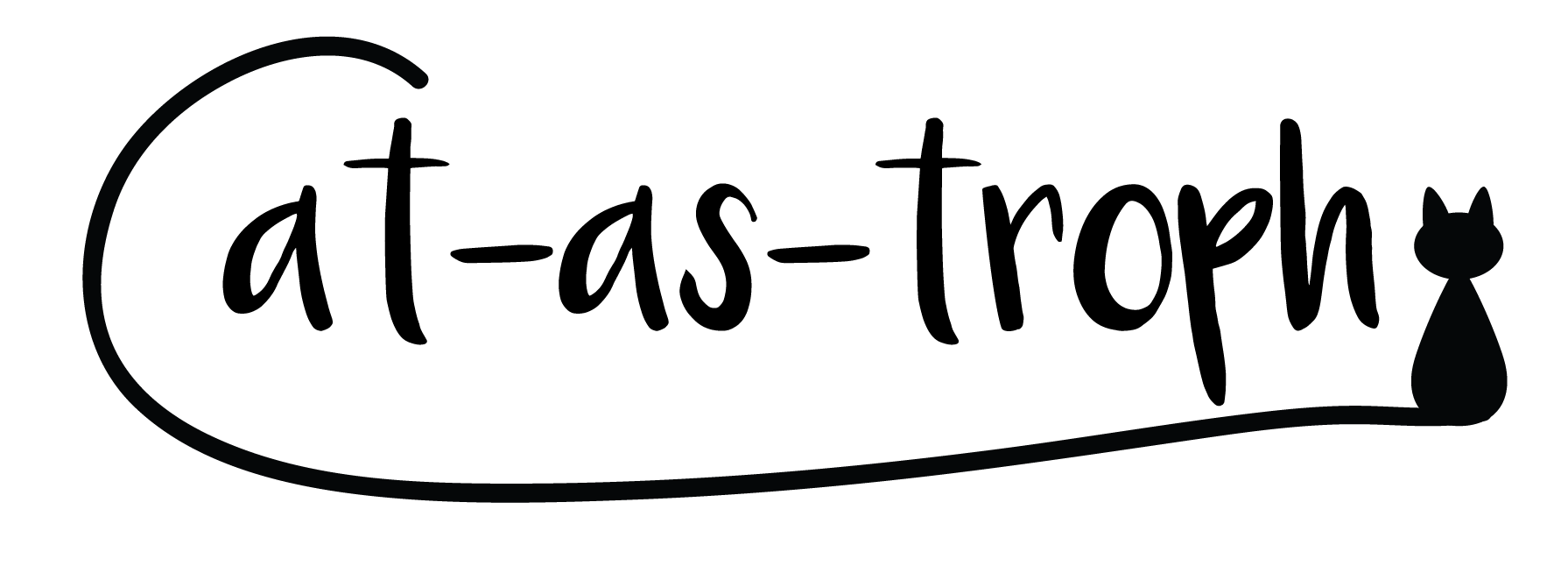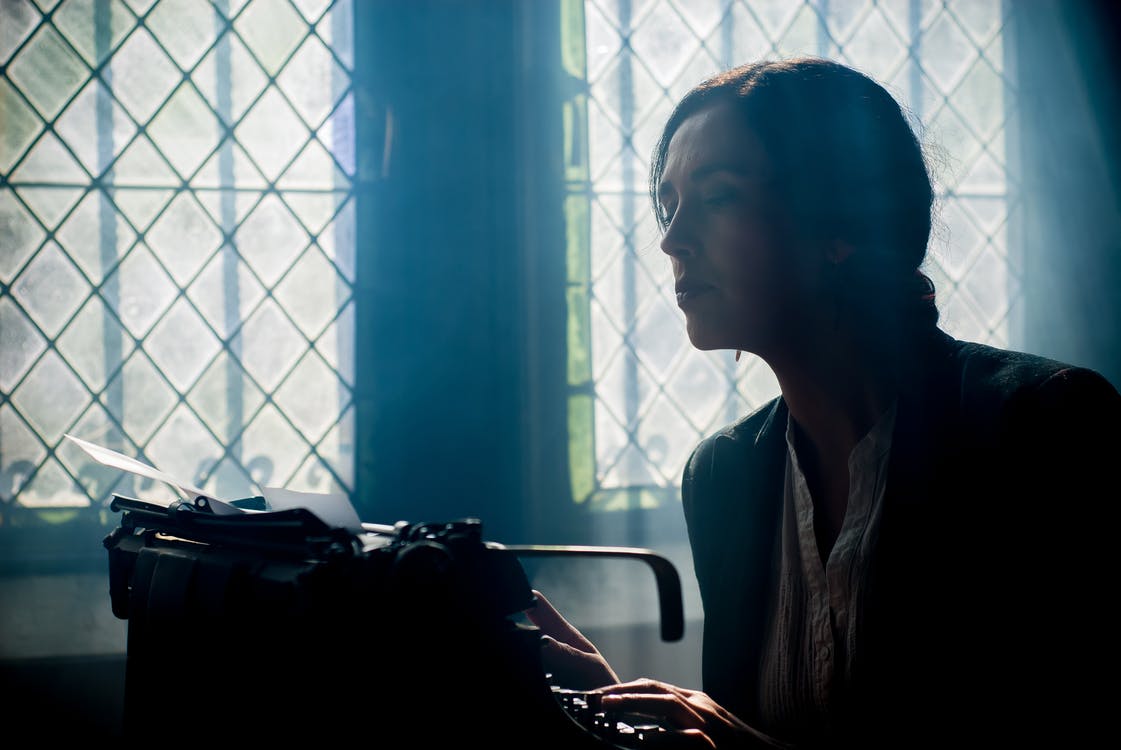If American literature had been left wholly in the hands of established publishers—Ticknor and Fields, for instance—Longfellow might have remained our greatest poet. But Walt Whitman, an American, one of the roughs, a kosmos, had Leaves of Grass printed, at his own expense, in 1855—he even set most of the type himself.
Likewise, if Virginia Woolf had continued to rely on her half-brother (and erstwhile molester) Gerald Duckworth, to disseminate her fiction through his established publishing house, she might have continued the fine Forsterean realism of her early novels rather than revolutionizing modern literature with Jacob’s Room, Mrs. Dalloway, To the Lighthouse, Orlando, A Room of One’s Own, The Waves, and more. These were published by the Hogarth Press, so named for Hogarth House, the private residence where the Woolfs literally kept their own printing press in the dining room.
Like Whitman, Woolf often set her own type, and her sister, the painter Vanessa Bell, contributed cover illustrations.

In her brief against the self-publishing of literary fiction, Ros Barber claims, “Gatekeepers are saving you from your own ego.” I do know what she means. Self-publishing’s reputation as the preserve of cranks and pornographers is not exactly undeserved. There are problems with exalting the gatekeepers, however. Literary history offers many examples—I have given two in the above paragraph—of gatekeepers’ inability to recognize merit, either because of a too-cautious focus on supposed profitability or an excessive concern for outmoded notions of decorum.
I have heard people lament that Ulysses could not be published today in the profit-driven and experiment-averse marketplace. But Ulysses was not able to be “published” the first time around either, in the sense of its being supported by a mainstream or respectable American or British press; it was printed by Paris bookseller Sylvia Beach and advertised to prospective consumers by individual subscription on a model not unlike today’s Patreon-funded art and literature.
Success in the literary—or any other—mainstream market, generally depends on playing by certain rules, all of them contingent, some of them more dubious than others. While I think it is juvenile to advocate “break[ing] every rule,” to quote Carole Maso (as if there would be some virtue in running stop signs!), I think that in art, where originality or at least vitality is prized, we do want an outside perspective on these fabricated rules of ours from time to time. That is where ego comes in. Like it or not, the writers we admire for their boldness and originality, their perennially urgent voices, were not shy, retiring, modest types.
 “Well and good,” I imagine the reply, “but you are not Walt Whitman.” No, and neither was Walt Whitman when he was hand-setting the type of his dirty free verse in a print shop in 1855: he was a nobody journalist whose idea of literature was not shared by the regnant literati, even though it would be shared—which nobody, including him, knew at the time—by the succeeding century.
“Well and good,” I imagine the reply, “but you are not Walt Whitman.” No, and neither was Walt Whitman when he was hand-setting the type of his dirty free verse in a print shop in 1855: he was a nobody journalist whose idea of literature was not shared by the regnant literati, even though it would be shared—which nobody, including him, knew at the time—by the succeeding century.
Fortune favors the bold. So does misfortune, of course, but without boldness, you’ll never find out which is to be your lot.
Self-publishing today is not extremely bold. There is no type to set, no large lead letter forms to haul across an ink-stained shop floor, though in my experience you will have to endure a long night’s struggle with the maddening tab settings in MS Word.
To self-publish literary fiction, though, which is to say fiction meant to be formally complex and intellectually ambitious, as well as entertaining or beautiful, is a gamble. You risk associating yourself, in the eyes of your social superiors, in an economy of prestige with conspiracy theorists and smut-peddlers.
Your self-published work is not something you would put, if you are in academia, on your CV (though I’m not sure how publishing your own work is really all that much more disreputable than having it published by your friends in whatever hip coterie you happen to belong to; but I digress). Self-publishing in any event bespeaks a certain arrogance, but unfortunately this world so discourages most human effort that without arrogance very little would ever get done, and certainly nothing out of the ordinary.
 Ros Barber, writing in the British context, puts it well when she says that if you are a self-publisher, “You can forget Hay Festival and the Booker.” Reader, I’ve forgotten them already, but literary fiction does have one self-publishing success story, one Martian to boast of in prestige if not sales, in Sergio De La Pava’s A Naked Singularity. De La Pava, a devoted public defender, had an advantage I do not: a day job unconnected with literature and a consequent indifference to traditional forms of literary success. He only wanted to get the word out. Even though I probably care in my heart of hearts for the Booker more than he does, I have decided that I too just want my book in the world, on my own terms if on no one else’s. Watch this space.
Ros Barber, writing in the British context, puts it well when she says that if you are a self-publisher, “You can forget Hay Festival and the Booker.” Reader, I’ve forgotten them already, but literary fiction does have one self-publishing success story, one Martian to boast of in prestige if not sales, in Sergio De La Pava’s A Naked Singularity. De La Pava, a devoted public defender, had an advantage I do not: a day job unconnected with literature and a consequent indifference to traditional forms of literary success. He only wanted to get the word out. Even though I probably care in my heart of hearts for the Booker more than he does, I have decided that I too just want my book in the world, on my own terms if on no one else’s. Watch this space.
Originally published on JohnPistelli.com, and re-formatted for publishing here.

About the Author


John Pistelli is a professor of literature, writing, and other liberal arts courses. When he isn’t teaching a new generation of writers, he is working on his own literary fiction. Pistelli is the author of The Ecstasy of Michaela and Portraits and Ashes.

